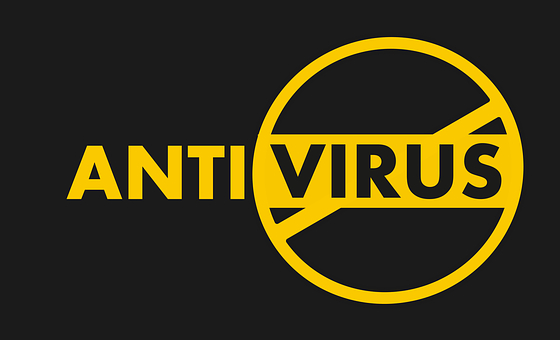Simple ways to improve network security
Our personal and work information can be in constant threat if we do not improve the security of our network. Keeping software up-to-date helps limit vulnerability to cyberattacks, however, we must take other security measures to further increase the privacy and security of our computer equipment.
CONTENTS
1. Strong passwords are the must
2. Update periodically
3. Use VPN on all connections
4. Remove all services that you do not use
5. Physically secure the network
Today there are many remote offices and many businesses that
remain productive thanks to applications in the cloud, such as collaboration
tools and personal devices, all linked to a corporate network.
But as information technology spreads to homes, it is
exposed to more risks. That's why many companies implement enhanced network
security, which also works to protect the employee's home network.
Even if you don't have super cybersecurity or don't have the
resources to hire experts to enforce it, there are some simple ways to improve
network security to help protect your IT technology. Here are the suggestions:

1. Strong passwords are the must
Passwords will always be the first line of defense against
cyber threats. That is why we must change them occasionally, as well as make
them very secure, not using data such as date of birth, cell phone number, or
personal identification document number.
A habit of periodically updating passwords is necessary and
if you have a business, you should make it a rule to use creating and
remembering secure passwords for your employees, as well as their periodic
change.
2. Update periodically
Any internet connection is vulnerable to cyber attacks, that
is why our connections, operating systems and applications must be reserved up
to date, with the latest security patches.
Security updates not only eliminate potential weaknesses, but implement enhancements and limit the system to vulnerability exposure. Updating only takes a few minutes and sometimes only a restart of the computer.
3. Use VPN on all connections
If your networks are protected only by generic security
measures, you are in danger of attack. That is why supplementing security by
adding more layers, such as using a virtual private network (VPN), allows you
to have a much more secure connection.
This is because VPNs can encrypt the information that
travels between the internet and your computer, protecting it from being
stolen, copied, or followed. It also hides your browsing activity, that is, no
one will know which pages you visit.
All this is possible because you can hide your IP and make
it pass for another. Once you connect to a VPN you use the IP of the server you
have chosen, for example, you are in Spain, but you connect to a server in the
USA. In this way your IP will be shown as from the USA.
That is why many of these networks are used to browse video
platforms because they allow all content to be unblocked. For example, a VPN
bypasses geographical restrictions for Netflix and allows people to enjoy
series that are available in other states but not in a country of origin.
These networks also make the connection over public Wi-Fi,
the favorite place for hackers to search for victims, more secure.
4. Remove all services that you do not use
When you have expired applications and programs or that you
will no longer use, it is best to uninstall them, remove the logins and
credentials associated with them. This ensures that the company of said app or
program does not have access to your information.
In addition, many hackers use security holes in apps that are no longer updated to break into your computer and steal your information.
5. Physically secure the network
Many times we make sure that we have updated and safe
antivirus, apps, programs and our operating systems. But when we talk about
physical network security, we overlook it.
While protection against viruses, bots, and hackers is
crucial, it is also crucial against local threats. If you don't protect the
physical network in your building, anyone could take advantage of using their
connection for free.
So to prevent anyone from connecting a wireless router to
your network, make sure you have a good physical security plan for your
network. Cabling should be in a locked cabinet, Ethernet cabling should be in
plain sight, nor should it be easily accessible. Also with wireless access
points.
You can also test and disconnect unused Ethernet ports,
especially those in public areas.
As you can see, these suggestions are simple ways to improve
network security, they do not take much time and you can periodically check
that everything is in order. Keep in mind, that every day cyber criminals
acquire more skills to steal your information, so it is up in the direction of
you to take care of your privacy and data of third parties that can harm you.

